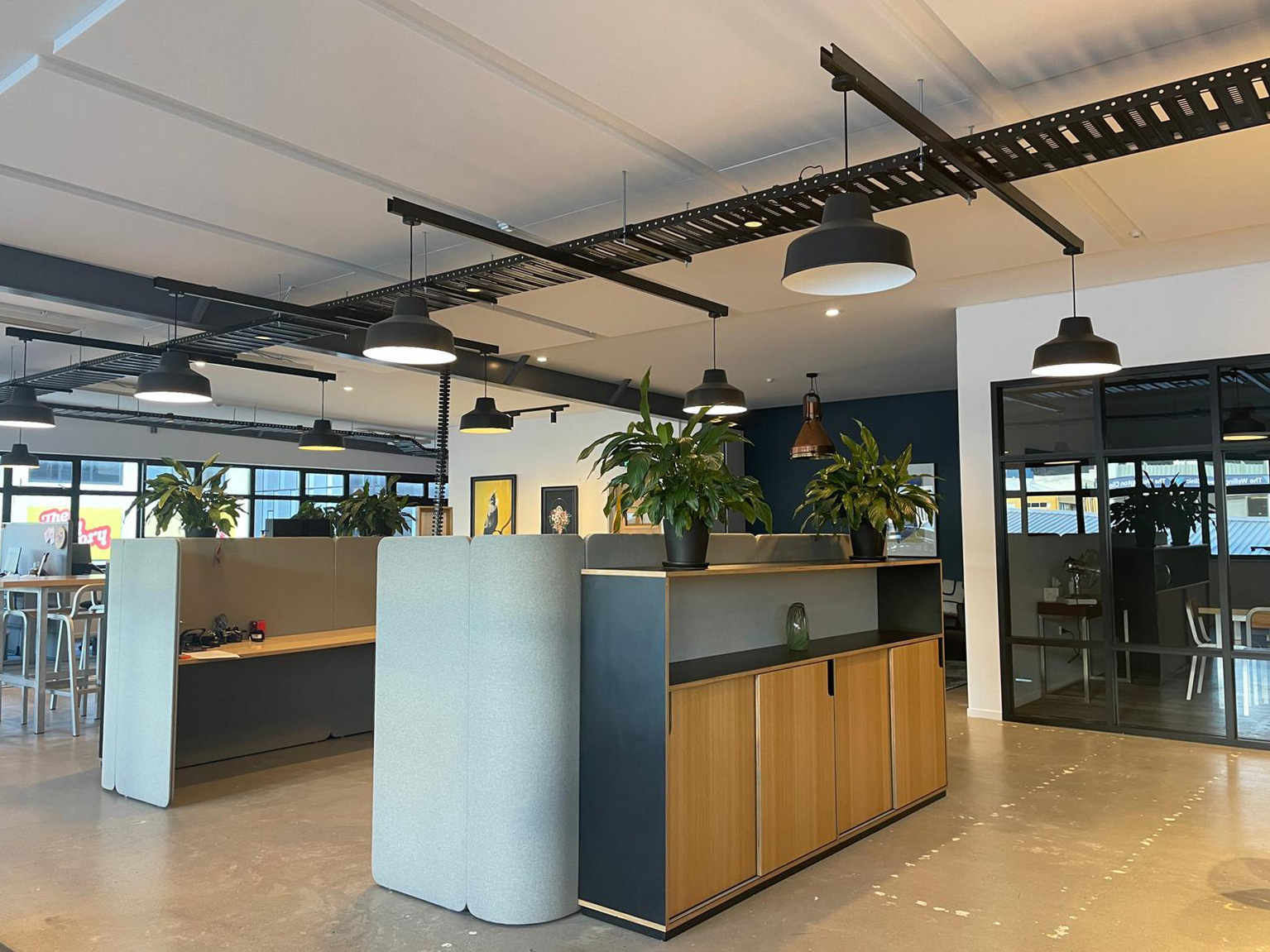This is the first of two articles discussing the case of WorkSafe New Zealand v Mount Somers Sand Ltd [2021] NZDC 16270. The second, which discusses the award of costs, can be found here.
The time-old debate between experience verses qualification has recently resurfaced in the health and safety space. The decision of WorkSafe New Zealand v Mount Somers Sand Ltd [2021] NZDC 16270 will be helpful to organisations unsure if they are legally required to outsource health and safety risk assessments to qualified experts.
Background
Mount Somers Sand Limited (MSSL) owned and operated a small silica sand quarry in the Canterbury Region. Its two company directors were also its only employees. The work involved extracting silica sand from a single quarry face (slope) with a height of 80 metres.
MSSL did not engage an external consultant to conduct a hazard and risk assessment of their extraction method prior to becoming operational in 2014. Instead, it relied on its own internal hazard and risk assessments to create a series of controls to managed slope-failure hazards. As is the practice with many organisations, these were not formally documented.
Proceedings
Following two brief on-site inspections in 2018 and 2019, WorkSafe charged MSSL for breaching section 36(1) of the Health and Safety Act 2015 (HSWA) – failing to ensure (so far as is reasonably practicable) that its workers were not exposed to the risk of engulfment when extracting sand. WorkSafe claimed MSSL had breached this obligation by failing to obtain a geotechnical report from an external person who was suitably competent and qualified to endorse its extraction method.
MSSL defended the charge. It argued that it had met its obligations when, following WorkSafe’s first visit, it engaged an external geotechnical engineer to inspect the site and report back on the extraction method. This expert concluded that the extraction method and control measures did not expose MSSL workers to the level of risk claimed by WorkSafe. WorkSafe said the company should have obtained this advice before it began operating.
Findings
Judge Maze held that there was no case to answer and dismissed the charge. It was agreed that as part of the primary health and safety duty, a PCBU like MSSL was required to have a ‘competent person’ assess hazards, risks, and operation methods.
The Judge agreed there is no legal requirement that this person possess a certain qualification - an employee could undertake this role provided they had the sufficient competence, and provided the assessment was adequate for compliance.
The employee (and shareholder/director here) had worked in the extracting industry for most of his working life, and even WorkSafe said he was a good and experienced operator.
WorkSafe conceded that it was common practice in the quarry industry not to outsource geotechnical assessments, and it produced no evidence to show the employee lacked the competence to make the assessment.
Considerations for businesses
Under HSWA, businesses must take all reasonably practicable steps to ensure the health and safety of their workers at work. This will invariably involve undertaking some form of health and safety risk assessment, including by internal and then (sometimes) external staff.
It is always best practice to document a health and safety risk assessment and resulting controls.
If you have any questions about the requirements for your organisation’s health and safety risk assessment, or any health and safety questions more generally, please reach out to one of the team.





